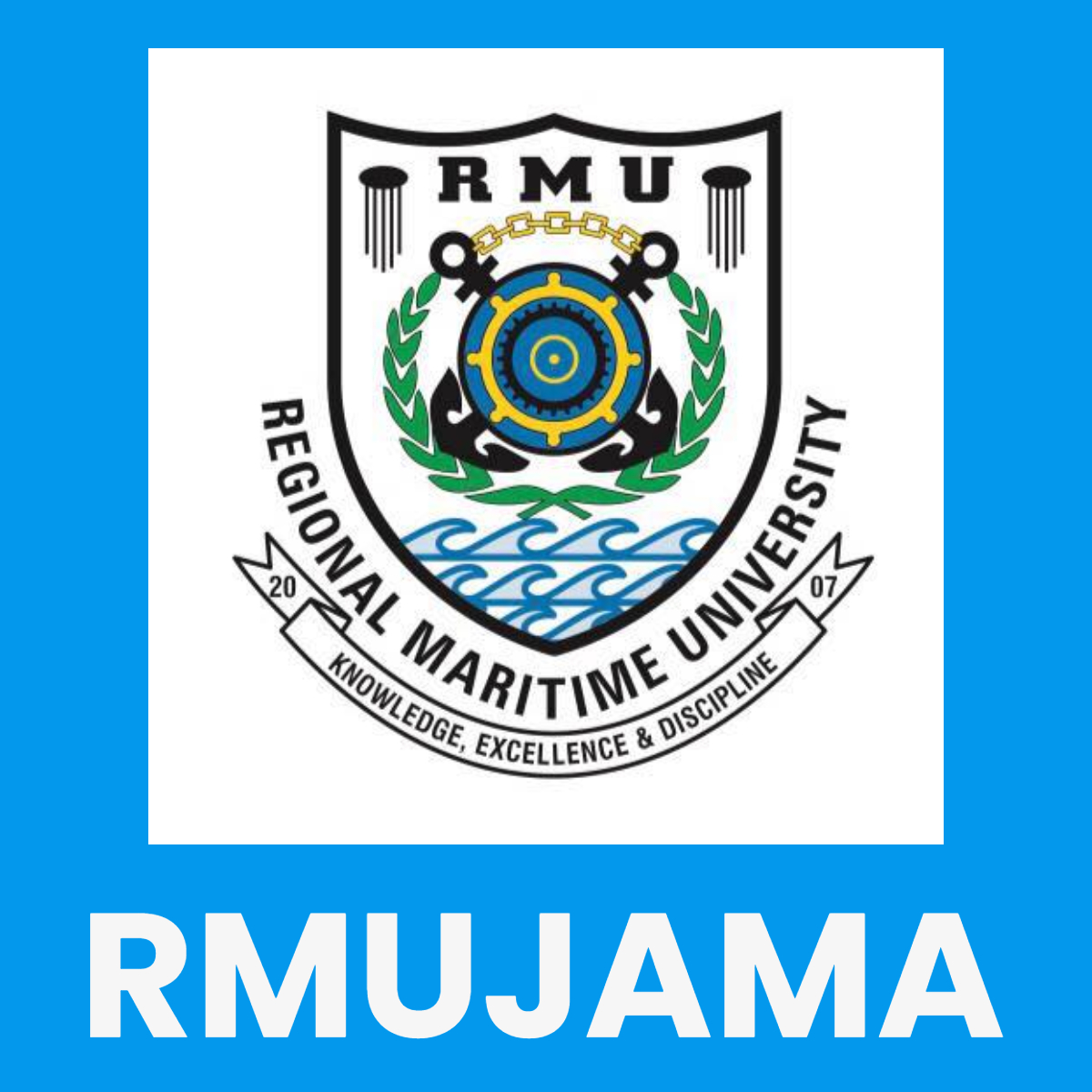GREEN HRM PRACTICES AND SUSTAINABLE DEVELOPMENT GOALS IN THE HOSPITALITY INDUSTRY OF GHANA
Abstract
This study explores the impact of Green Human Resource Management (GHRM) practices on achieving the Sustainable Development Goals (SDGs) within the hospitality industry of Ghana. Specifically, this study evaluated the impact of various GHRM practices (green recruitment and selection, green performance management and appraisal, green training and development, and green reward and compensation) on SDGs 6, 11, 12, and 14 and identified the challenges faced by hospitality organizations in achieving the SDGs in the hospitality industry with emphasis on the coastal establishments. The study population comprised 105 hospitality establishments within the coastal communities in Accra. A multi-stage sampling technique, which integrates convenience and lottery sampling was employed to select 105 respondents. The study employed a quantitative approach and adopted the explanatory research design. The data gathered was analysed using Smart PLS-SEM 4. The findings indicated that the relationship between green recruitment and selection, green reward and compensation, and green training and development on the SDGs are statistically insignificant. However, it is worth noting that the relationship between green performance management and appraisal and the SDGs is statistically significant in the hospitality industry of Ghana. The study concluded that to harness the potential of GHRM fully, the industry must adopt a holistic and transformative approach to recruitment and selection strategies that need to prioritize eco-conscious candidates and strengthen green employer branding, while reward systems must be realigned to incentivize and recognize contributions to environmental objectives. Training programs must move beyond superficial exercises to instil deep-seated sustainability values and proactive environmental behaviours among employees. The study recommends hospitality establishments highlight the effectiveness of green performance management and appraisal practices in driving progress toward SDGs 6, 11, 12, and 14, demonstrating that embedding environmental metrics into performance evaluations fosters accountability and aligns employee efforts with sustainability objectives. This success provides a model for leveraging GHRM practices to address critical environmental challenges toward the blue economy.
